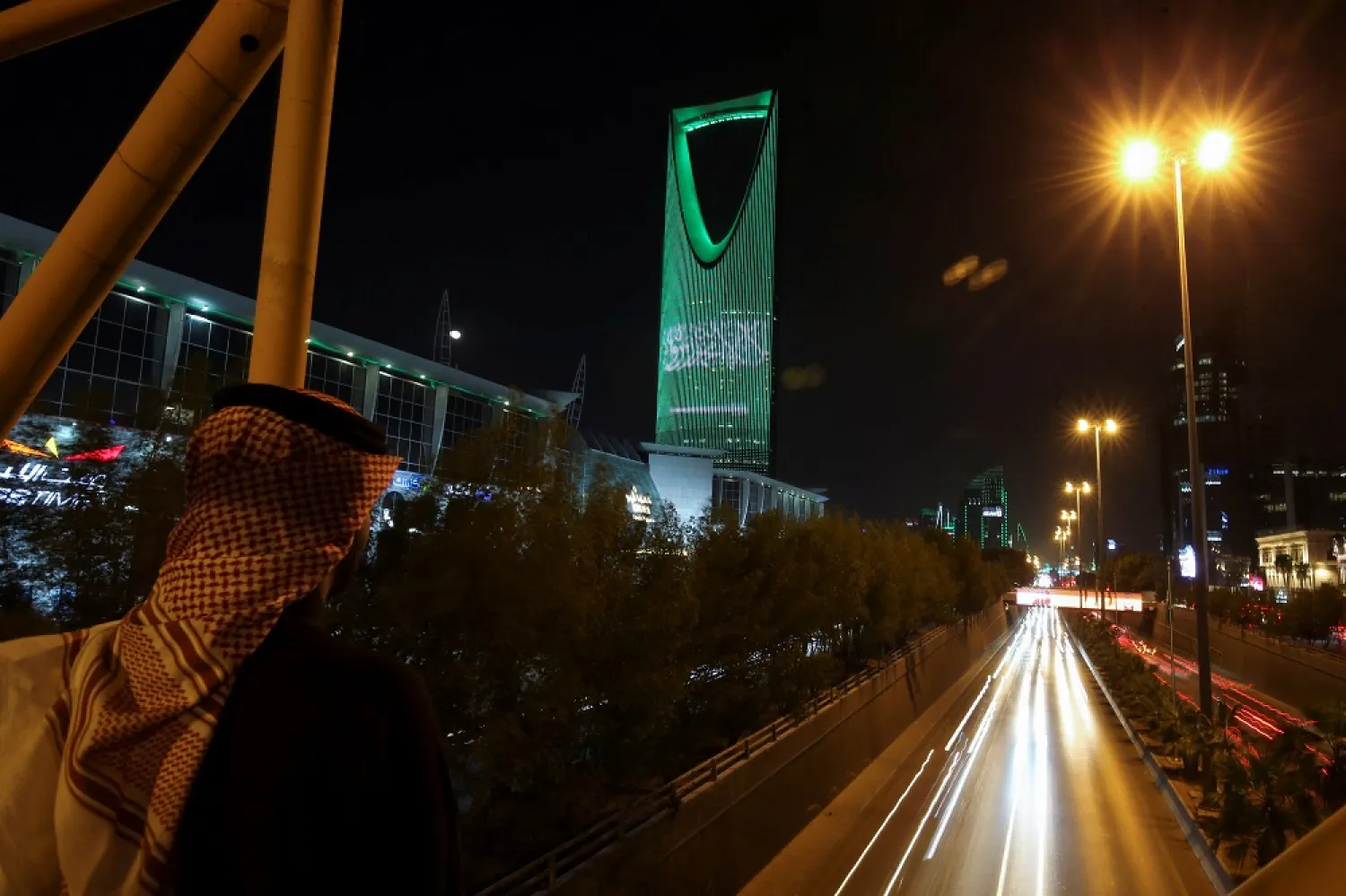Moody's has changed its outlook on Saudi Arabia’s Public Investment Fund (PIF) from "stable" to "positive" and affirmed its long-term issuer and senior unsecured ratings at A1.
According to the performance evaluation, the rating reflects PIF's standalone creditworthiness as expressed by a BCA of A1.
Moody's took several factors into account when issuing the Fund's rating, namely the size of the asset under management supported by the sustainable growth of the Fund's investment returns, the high quality of the Fund's investment portfolio, sector diversification with investments across several different sectors both locally and internationally.
Also, among the agency's rating criteria is the firm's financial profile with very low leverage, very high-interest coverage, and an excellent liquidity profile.
In October 2022, PIF issued the first green bonds, including the first 100-year maturity, alongside two other tranches.
Last February, the Fund was set to raise $5.5 billion through its second sale of green bonds in four months, for which orders topped $32.5 billion.
PIF aims to be the most significant global sovereign Fund in a few years.
However, its primary goal is to help in developing the national economy, diversify income sources, and localize modern knowledge and innovative technologies.
It established economic partnerships that contribute to deepening the role of Saudi Arabia on the regional and global scene.
PIF is interested in supporting the role of the private sector and recently announced three initiatives as part of its efforts to enable further and empower private sector businesses.
The first is the Local Content Growth Program (MUSAHAMA), which aims to increase the share of local content spending in PIF's domestic portfolio to 60 percent by the end of 2025.
The second is the Suppliers Development Program, which will support the development and upskilling of local suppliers and vendors to meet the growing requirements of PIF's portfolio companies.
The Private Sector Hub is a dedicated channel that shares supplier and investment opportunities with the private sector. The hub is live, boasts more than 100 opportunities, and will be continuously enhanced and updated.









